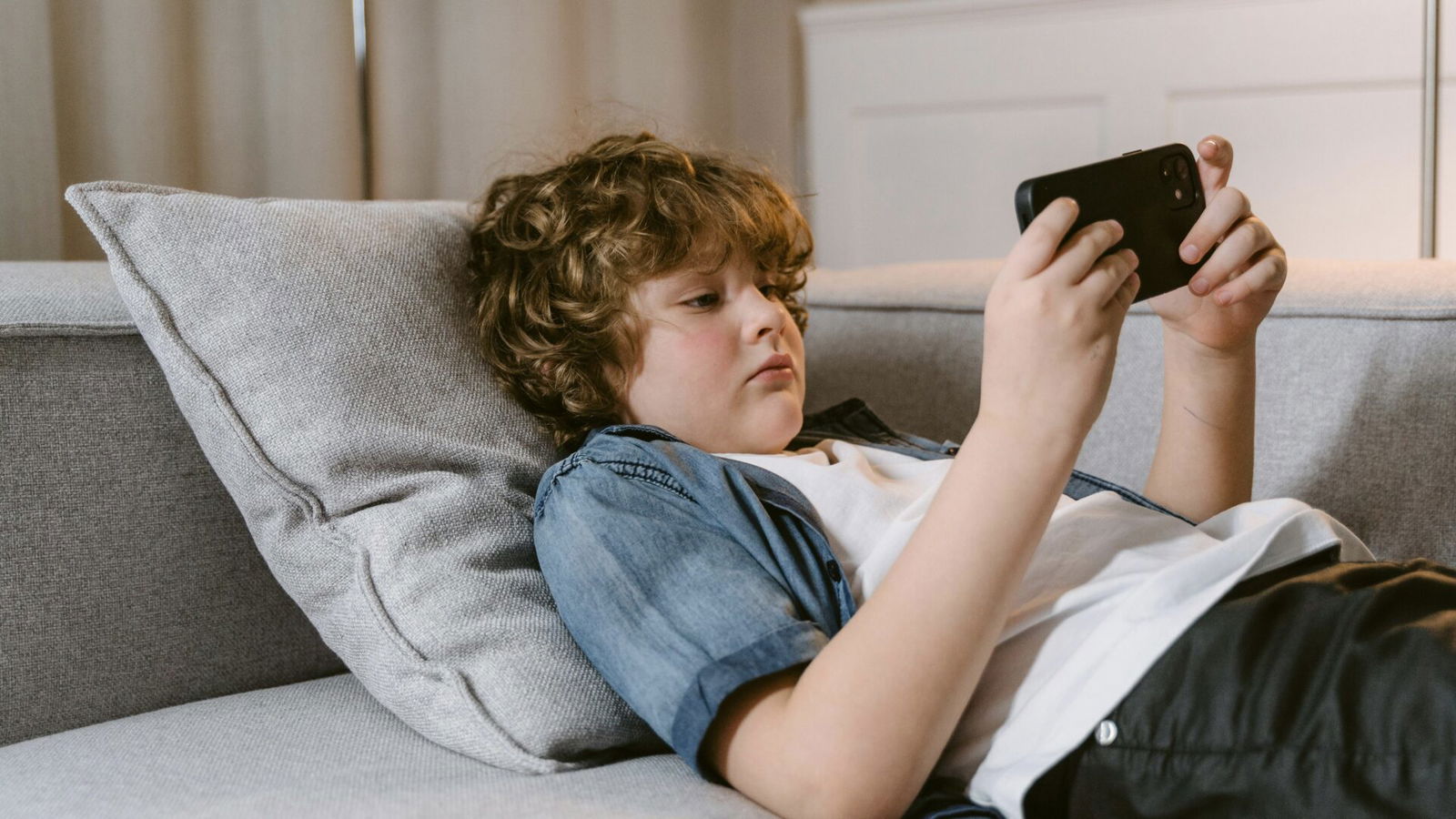
By India McCarty
A new international study discovered a troubling link between children’s screen time and aggression, low self-esteem and anxiety.
“Children are spending more and more time on screens, for everything from entertainment to homework to messaging friends,” Michael Noetel, PhD, an associate professor in the School of Psychology at Queensland University and one of the authors of the study, told the American Psychological Association. “We found that increased screen time can lead to emotional and behavioral problems, and kids with those problems often turn to screens to cope.”
Noetel’s study analyzed data from 292,000 children around the world, finding that “the more children engaged with electronic screens, the more likely they were to develop socioemotional problems.”
“This included both internalizing problems, such as anxiety and depression, and externalizing problems, such as aggression and hyperactivity,” the study continued. “Conversely, children experiencing socioemotional problems were found to be more likely to turn to screens as a coping mechanism.”
Related: Social Media Really Is Making Your Teen More Anxious—But Here’s the Solution
In an interview with The University of Queensland’s UQ News, Noetel highlighted this vicious cycle, explaining, “Parents are often told they should cut down on screen time. They’re not often told how to reduce social or emotional problems.”
“If we only address one side of the equation — cutting down on screen time but overlooking anxiety or aggression that leads kids to screens — we risk leaving children stuck in a cycle,” he concluded.
The study specifically linked time spent on gaming consoles to a greater chance of developing these kinds of issues.
“Rather than breaking it down by the exact game people were playing, it’s safe to make some assumptions,” Noetel told ABC News. “The most games that were included were console games, computer games and mobile games.”
While some parents might agree on this point when it comes to violent video games, Noetel was quick to stress that “gaming in general — regardless of the specific type — showed much stronger links to emotional problems than other screen activities like watching TV or using educational apps.”
Roberta Vasconcellos, PhD, a lecturer at the University of New South Wales and the study’s lead author, said her group’s research “highlights the need for a nuanced approach to managing children’s screen time.”
“By understanding the bidirectional relationship between screen use and socioemotional problems, parents, educators, and policymakers can better support children’s healthy development in an increasingly digital world,” she concluded.
This new study highlights the link between screen time and behavioral issues in children; now that experts understand this connection, they will better be able to support children and find solutions for this problem.
Read Next: Family Time Away from Tech Should Be Our Priority — Here’s Why
Questions or comments? Please write to us here.


 - Content:
- Content: 
 – Content:
– Content: 
